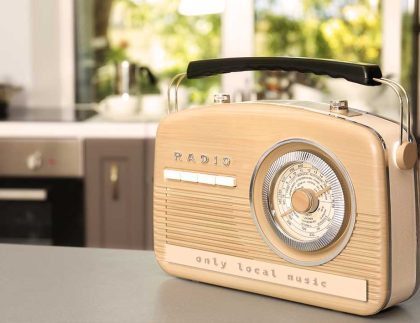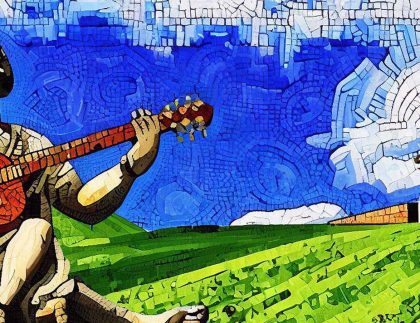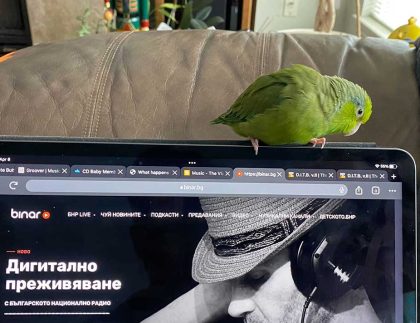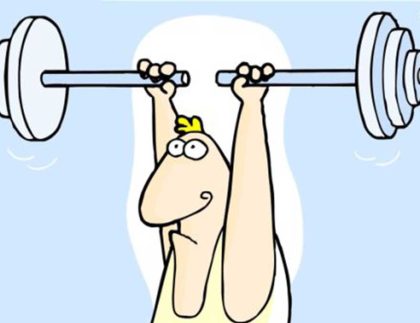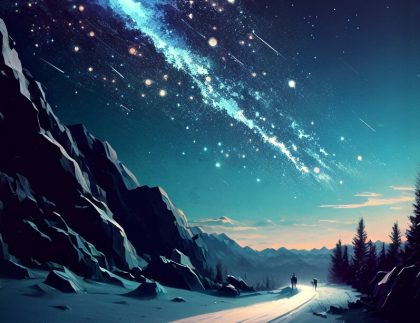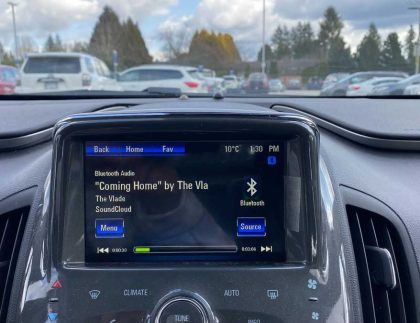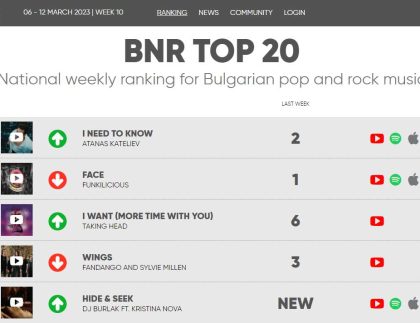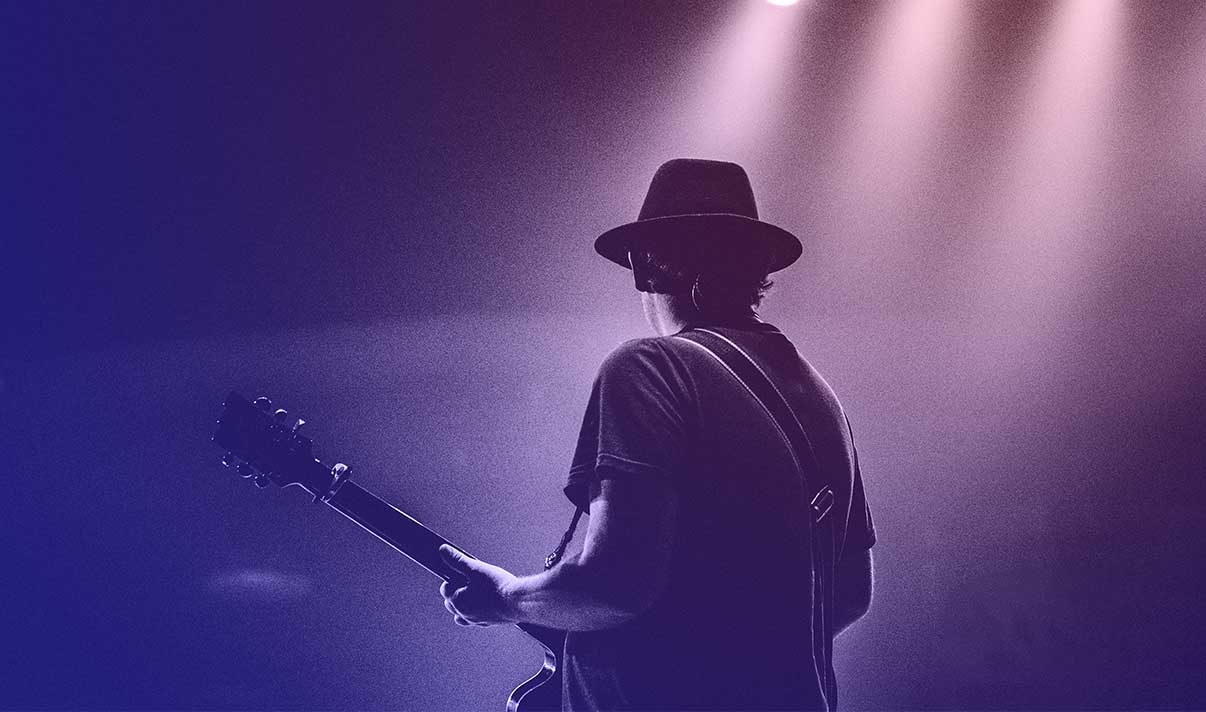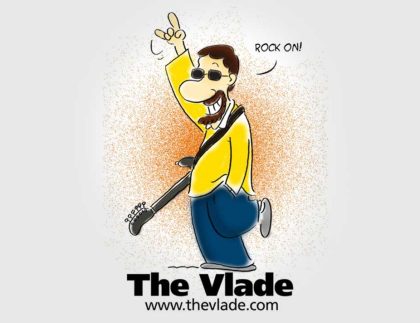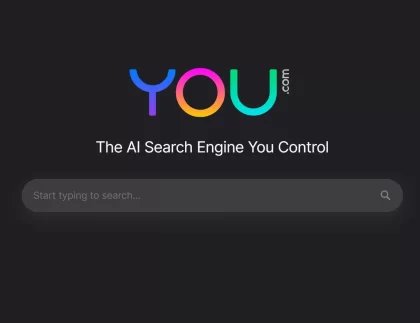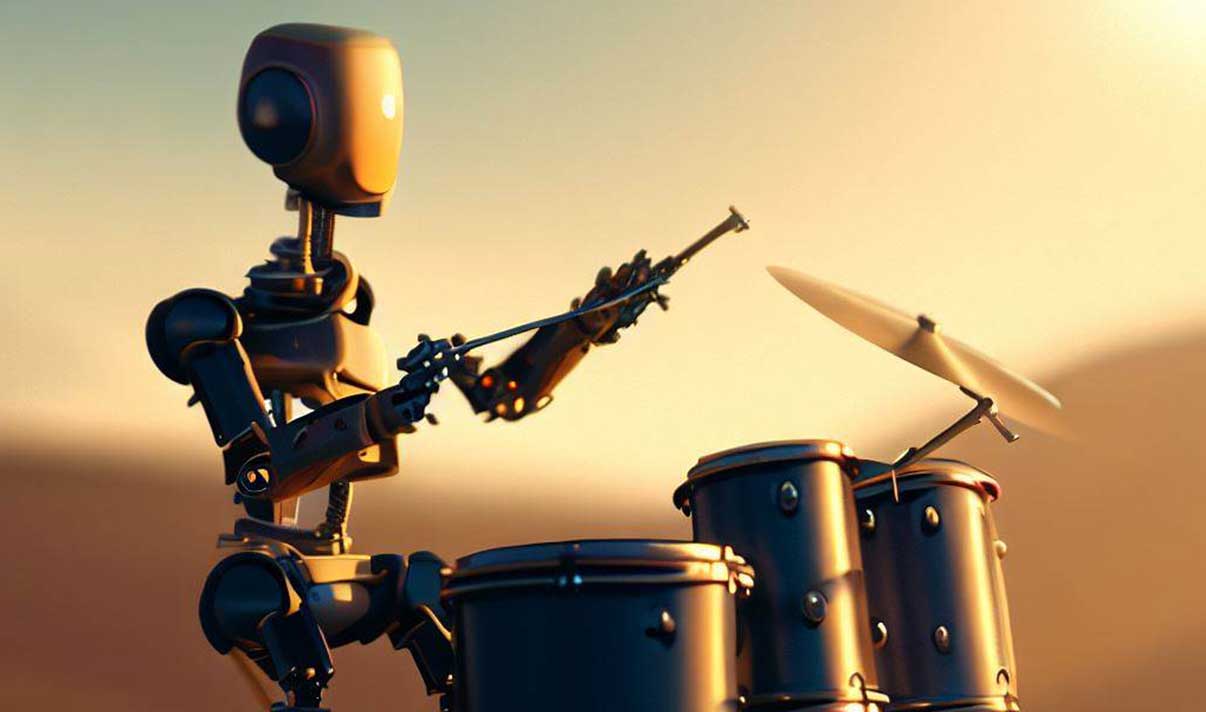
Let's talk about the elephant in the virtual room - AI is making waves in the music industry, and some people are starting to wonder if robots are going to take over the world of music. But before you start panicking and barricading yourself in your recording studio, let's take a closer look at what's going on.
First off, it's important to understand that AI is not some kind of musical mastermind that's going to put all human musicians out of a job. Sure, there are AI programs out there like Amper Music and AIVA that can generate melodies and chord progressions, but they're not going to replace the emotional depth and personal experience that comes from a human artist's creative process.
In fact, some musicians have even been using AI as a tool to enhance their own creativity. For example, in 2018, musician and producer Taryn Southern released an album called "I AM AI," which was entirely composed and produced using AI software. But instead of just letting the program do all the work, she used it as a starting point for her own musical explorations.
I recently had the pleasure of hearing a song called "Heart on My Sleeve". The beat was perfect, the melody was catchy, and the lyrics were emotional and relatable. It was so good, in fact, that I had to double-check that it wasn't made by a human artist. I was amazed that a computer program could create somethingin the music styles of pop stars Drake and The Weeknd. Even the hosts of popular music YouTube channel, LawTWINZ, debated whether the AI-generated track outshines the real pop stars' talents.
And that's really the key - AI is not a replacement for human creativity, but rather a supplement to it. When used correctly, AI can help artists break out of creative ruts and generate new and innovative musical ideas. But at the end of the day, it's still up to the artist to make the choices about what to create and how to express themselves through their music.
So while there are certainly concerns about the potential negative effects of AI on the music industry (like a homogenization of musical styles), there's also plenty of reason to be optimistic. The future of music is sure to be an exciting and endlessly innovative one, whether you're a musician looking to experiment with AI technology or simply a music lover curious about the latest trends in music production.
So don't worry - your guitar is safe from the robot uprising (for now). Just keep making great music, and who knows - maybe one day you'll even be collaborating with an AI program to create the next big hit!
In addition to Taryn Southern, there are other musicians who have embraced AI technology as a tool for their creative process. Bjork, for instance, used an AI program to help her compose the choir parts of her song "Tabula Rasa" on her 2017 album "Utopia." And in 2019, pop star Grimes announced that she was collaborating with AI program Endel to create a "digital soundtrack" for her album "Miss Anthropocene."
But it's not just in the realm of music composition that AI is making an impact. AI is also being used to enhance live performances, with programs like Algoriddim's Neural Mix Pro allowing DJs to isolate and manipulate individual elements of a track in real time. And some artists are even experimenting with virtual reality concerts and performances, blurring the line between physical and digital experiences.
Of course, as with any new technology, there are also potential downsides to the use of AI in music. One concern is that the use of AI-generated music could lead to a homogenization of musical styles, with all songs sounding the same. Another concern is the potential for AI to replace human musicians altogether, leaving scores of talented artists out of work.
But while these concerns are valid, it's important to remember that AI is not a magical solution to all of music's problems. It's simply a tool that can be used in a variety of ways, depending on the needs and preferences of individual artists. And as long as human creativity and emotion remain at the core of the music-making process, there will always be room for innovation and experimentation.
So, is AI the future of music? It's certainly shaping up to be a major player in the industry, and we can expect to see more and more musicians experimenting with AI technology in the years to come. But rather than being a replacement for human creativity, AI is best seen as a supplement to it - a tool that can help musicians break out of creative ruts, generate new ideas, and push the boundaries of what's possible in music.
So whether you're a musician looking to experiment with AI technology, or simply a fan of music curious about the latest trends in music production, there's no doubt that the future of music is going to be an exciting and endlessly innovative one. And who knows - maybe one day we'll even see a collaboration between an AI program and a human musician that will change the face of music forever.
